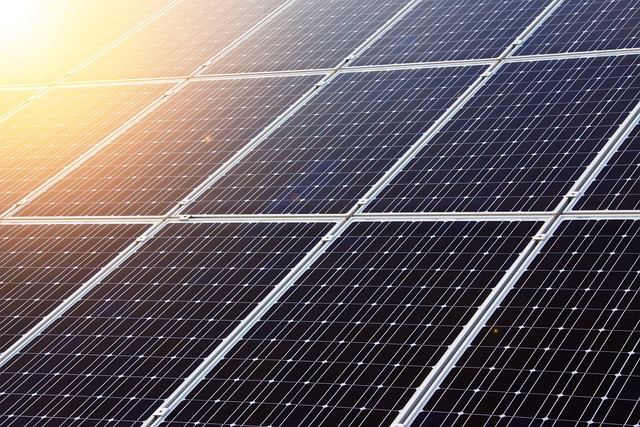Solar power & energy storage
Solar power & energy storage
Sweden’s industry is a major part of Europe’s transition to a green economy, where renewable energy production is one of the pieces of the puzzle. Zazz’s increased investment in solar energy and energy storage is part of this transition.
Technology
Technology
Photovoltaic panels consist of many solar cells, usually made of silicon, which convert sunlight into electricity. There are several types of solar cell technologies, including monocrystalline, polycrystalline and thin-film solar cells, with each type having its own advantages in terms of efficiency, cost and range of application. Developments in technology continue to improve efficiency and reduce production costs, making solar energy an increasingly cost-effective option for sustainable energy production.
Battery storage units play an important role in photovoltaic systems by storing excess electricity generated during the day for use at night or on cloudy days, increasing system self-sufficiency and reducing dependence on the grid. Larger energy storage units will form an important part of Sweden’s energy system by stabilizing the supply of electricity in the context of weather and solar dependent renewable electricity production.
The business
The business
Solar energy and energy storage give rise to two distinct revenue models that are expected to generate cash flows in the long and short term respectively. A Power Purchase Agreement (PPA) is a long-term contract that stipulates stable and predictable revenues over a long period of time. The contract guarantees a fixed sales price for electricity, which provides financial stabilization and protects against future electricity price volatility. In case of a production surplus of the contracted volume to the counterparty, this electricity can be sold to the grid. A Frequency Service Agreement (FSA) is a shorter-term passive revenue contract to store energy and offer this energy on demand through frequency balancing, meaning that the battery can stabilize grid fluctuations in usage relative to electricity generation. When supply is too low, the battery delivers electricity to the grid and when supply is too high, the battery stores electricity from the grid. FSA agreements mean that the company receives revenue for the availability of the batteries, regardless of whether they are used by the electricity grid or not.


